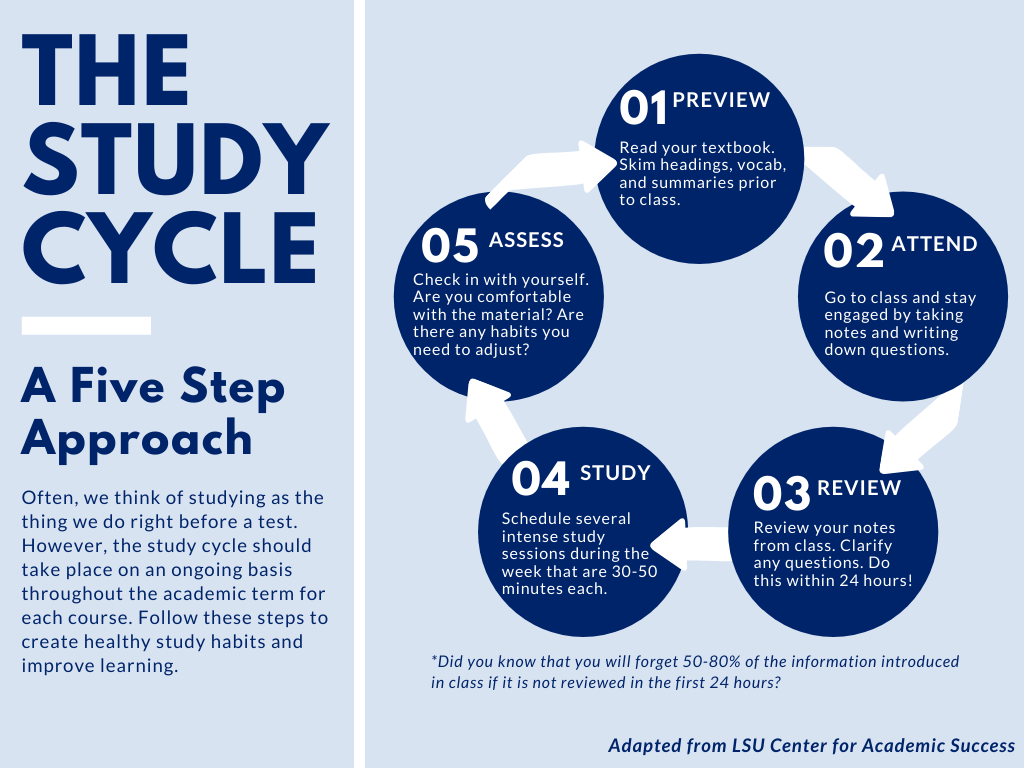Are your kids struggling to stay focused, keep up with homework, or feel confident in school? You’re not alone-many young learners face these challenges, especially as subjects get tougher and distractions grow.
This article offers simple, smart ways to build study skills that work. These tools help children learn better, stay organized, and feel more in control of their learning journey.
With the right habits, school becomes less stressful and a lot more rewarding for both kids and parents.
Time Management
Time management helps students plan how to use their time wisely. A schedule can turn big tasks into smaller, manageable steps. This makes learning feel easier and less stressful.
When students use timers, they stay focused and avoid getting tired too fast. The Pomodoro method, which mixes short work sessions with quick breaks, can improve concentration. With better planning, students have more free time to relax and recharge.
Active Listening
Active listening means giving full attention to the teacher or speaker. This involves eye contact, sitting still, and avoiding distractions like tapping or whispering. When students listen well, they understand lessons better and ask fewer questions later.
Students should also feel free to ask questions during or after class. Asking questions shows they are thinking and trying to understand. This habit builds courage and makes learning more interactive.
Effective Note-Taking
Good notes help students remember what was taught in class. Instead of writing full sentences, they should use bullet points or key phrases. Clear, organized notes are faster to review and easier to study.
Highlighting important words or using different colors makes notes more helpful. Some students draw simple diagrams or symbols to explain ideas. Reviewing notes later that day can lock the information into memory.
Reading for Understanding
Reading for understanding helps students grasp the meaning behind the words. It means finding the main idea and the details that support it. Thinking while reading helps connect ideas and keeps the brain active.
If a word is confusing, students can look at the words around it to guess its meaning. Skimming the passage first gives a quick idea of the topic. Then, reading it slowly and carefully helps with full understanding.
Setting Clear Goals
Clear goals guide students and give them purpose. Big goals like writing an essay become easier when broken into smaller steps. Each time they complete a step, they feel more confident and less overwhelmed.
Writing goals down and checking them off builds a sense of success. Goals can be daily, weekly, or for long-term projects.
A study skills course for 4th and 5th graders can help students learn how to set these goals in a way that feels doable and rewarding. It gives them the tools to plan, track progress, and stay motivated.
Practice and Repetition
Practice and repetition are key parts of learning new things. When students do something over and over, it becomes easier to remember. This is how skills like spelling, math facts, or vocabulary get stronger.
Using flashcards, practice tests, or learning games makes repetition fun. Reviewing a little each day helps students avoid forgetting. Regular practice also builds speed and confidence.
Critical Thinking
Critical thinking means looking deeper into a topic and asking questions. It helps students go beyond memorizing facts and start making connections. They begin to understand why things work the way they do.
Looking for patterns or cause-and-effect helps build this skill. Students can compare new lessons to what they already know. This makes learning richer and more meaningful.
Avoiding Multitasking
Multitasking can make it harder to focus and finish work. Doing one thing at a time helps students stay sharp and avoid mistakes. It also helps the brain understand and store new information better.
Phones, background noise, and social media are major distractions. Turning them off during study time improves focus. A quiet, clean study space can boost both speed and quality of learning.
Staying Organized
Being organized helps students find their supplies quickly and keep track of assignments. A tidy backpack and desk make it easier to start studying. When everything is in its place, there’s less stress and confusion.
Color-coded folders or notebooks help sort subjects like math, reading, or science. Students can also use checklists to track homework and projects. Staying organized helps build good habits for school and life.
Healthy Habits
Healthy habits are just as important as study habits. Getting enough sleep keeps the mind alert and ready to learn. A good diet with fruits, vegetables, and whole grains gives steady energy.
Taking breaks with movement helps avoid getting tired or bored. Simple stretches or a quick walk can refresh the brain. These habits help students stay calm, happy, and ready to learn more.
Self-Motivation
Self-motivation means pushing yourself to work hard, even when it’s tough. Students who are self-motivated don’t wait for others to remind them. They set goals and take action on their own.
Building motivation starts with believing in your ability to improve. Students can use positive self-talk to stay focused and confident. Small rewards after tasks can also help boost their drive to keep going.
Asking for Help
Asking for help is a smart way to grow and learn faster. If something is confusing, students should speak up instead of staying silent. Teachers, parents, or friends can often explain it in a new way that makes sense.
It’s important for students to know that needing help is normal. Everyone learns at a different pace and in different ways. Asking questions shows curiosity, not weakness.
Grow Strong and Succeed Young
Success in learning doesn’t come from natural talent alone-it grows from daily habits, steady effort, and a mindset that welcomes challenges. When children learn how to learn, they become more confident and independent in every subject. These study skills are the seeds that bloom into lifelong success, in and out of school.
As parents, teachers, or mentors, our role is to guide, encourage, and celebrate progress. Even small steps forward can lead to big changes over time.
Was this article helpful to you? If so, make sure to check out our blog for more useful information and resources.

Dilawar Mughal is an accomplished author with a passion for storytelling. His works span various genres, from thrilling mysteries to heartfelt romance novels. With a keen eye for detail and a knack for character development, Sana Fatima weaves engaging narratives that captivate readers and transport them to new worlds.










